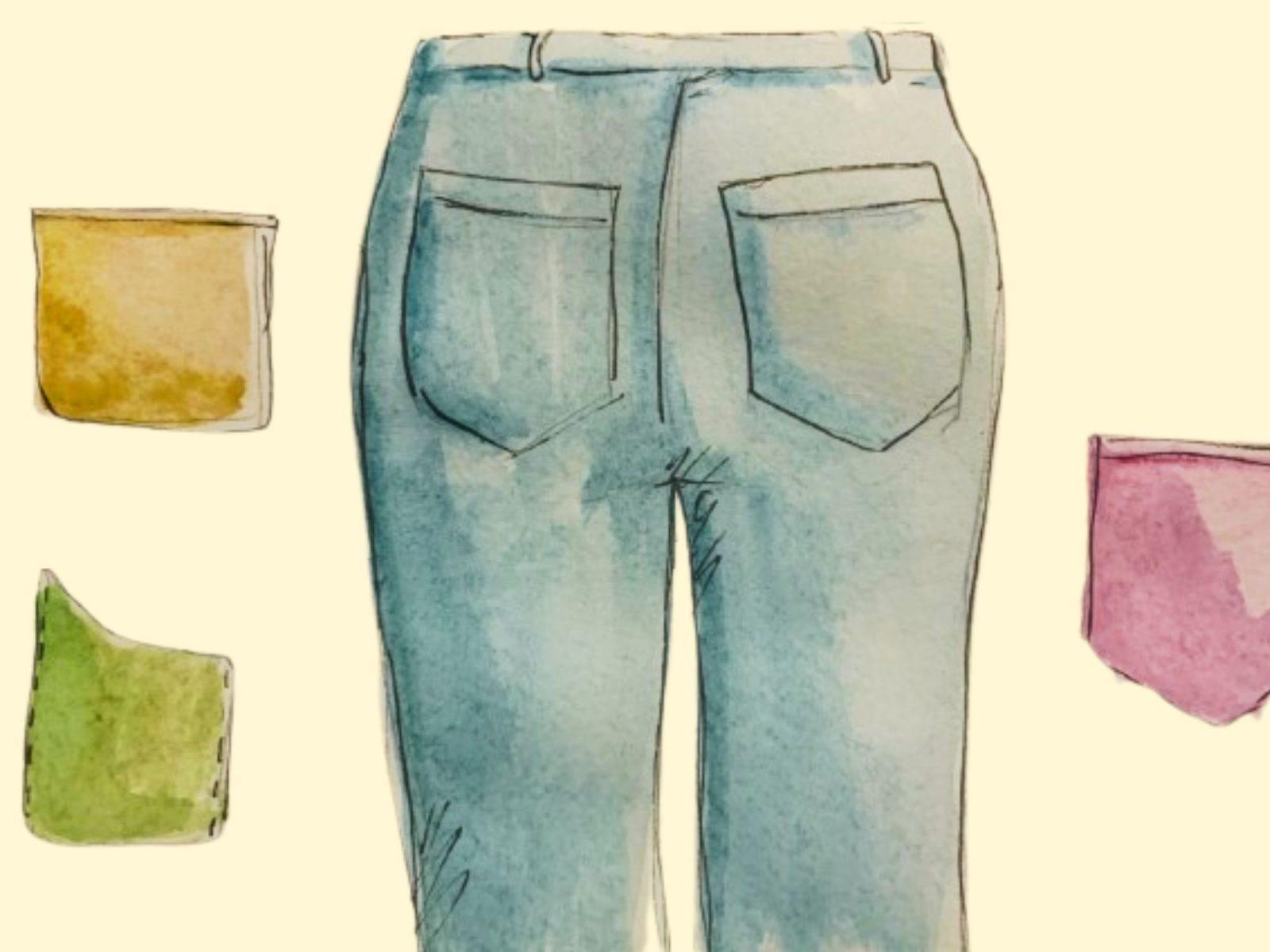“Commonly known as the opposite of imposter syndrome, this psychological phenomenon is marked by a complete lack of self-awareness,” the trivia announcer spoke into the microphone.
“Dunning-Kruger effect!” someone shouted — otherwise known as the tendency to vastly overestimate one’s knowledge and proficiency in any one field or discipline.

Even though Trivia Night continued, my curiosity was piqued.
What about people who experience this sort of imbalance of confidence and competence on a much larger scale? Can Dunning-Kruger be a defining characteristic of who someone is?
I’d say yes. In fact, I’d argue there’s a good chance they could become successful because of it.
My reasoning is as follows: attention is a currency, one we both receive and grant. The proliferation of social media simplifies this process even more.
Dunning-Kruger becomes a spectacle, a person so unaware of themself that plastering their ignorance online can garner an audience and thus reap profit.
Dunning-Kruger in today’s society, regardless of whether the phenomenon itself is real, highlights a deficiency in our society. Those who embody this effect of cognitive bias either attract people who are drawn to their expertise without understanding their faulty credentials, or an audience, eager to feast on the entertainment of behavior so wildly different from their own.
Look no further than Donald Trump for a perfect example of this notion.
As someone who is always incapacitated in some way by imposter syndrome, I couldn’t comprehend living in what had seemingly been defined as a perpetual state of inflated worthiness.
My inability to conceptualize Dunning-Kruger led me down the Google abyss later that night — I scoured through subreddits analyzing everyday instances. Redditors ranting about their Dunning-Kruger-impaired, “moronic” coworkers, blogs calling for us to “pity our overconfident celebrities” and articles refuting or supporting the phenomenon’s actual validity.
There’s debate around the viability of Dunning-Kruger as a grounded psychological phenomenon. Some researchers write it off as unfounded, something we flock to because it provides tidy, comfortable explanations for the sometimes egregiously un-self-aware people in our life or online.
A more recent study found that the data from the original paper by David Dunning and Justin Kruger, data could be replicated through a random computer-simulated model that was free of certain cognitive biases present in the original research. Many researchers take this to be evidence that the phenomenon doesn’t actually exist.
The effect should be observable only in humans because it’s a cognitive bias. But if it’s observable in non-human data, is it really a psychological (aka human) phenomenon?
I’m not writing this to tack my two cents onto an ongoing debate that, quite frankly, I lack the expertise to enter (and given the topic of this article, it’d be pretty ironic for me to try). I’m more fascinated by a comment made by Dr. Dunning, and how this relates to the society we live in and the success that certain people attain.
Dr. Dunning states the real lesson isn’t about pointing the finger but rather “how we should be humble and cautious about ourselves.”
We all occasionally fall prey to overconfidence when we’re situated in an arena of our own incompetence. We think we can replicate that dinner recipe we tried once a few weeks ago by memory or we swear we can navigate without directions even when we’re going in circles. These small occurrences are merely part of the human experience.
It’s upsetting that those with an oblivious disregard for the proportionate balance of competence and confidence can somehow end up doing so well in this world. Dunning-Kruger lending itself to success may seem surprising at first, but with the growth of social media and the inherently selfish structure of capitalism (or human nature?), maybe it just makes sense.





























































































































